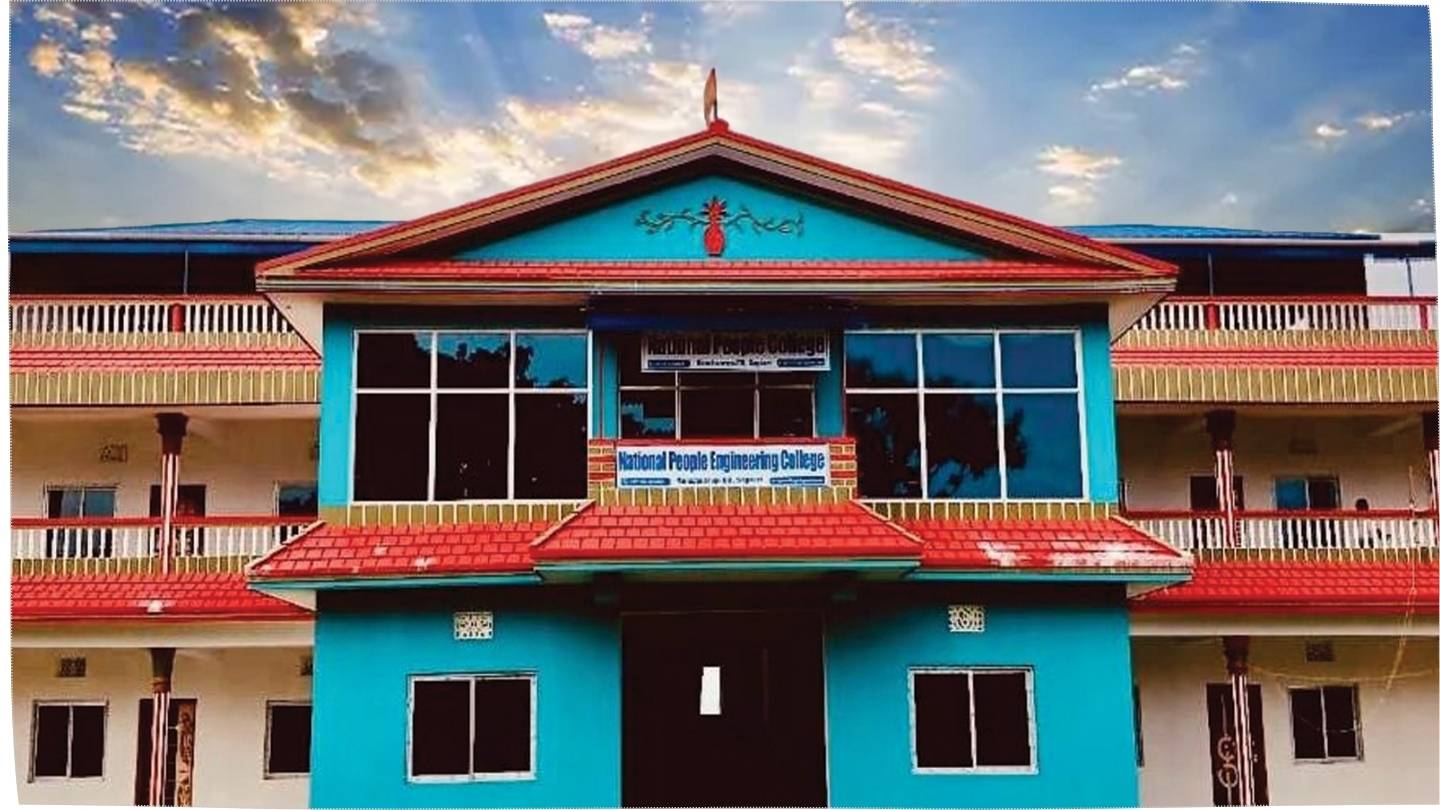Overview
MA in Rural Development at National People College, Saptari
Overview
The MA in Rural Development at National People College aligns with TU guidelines and studies livelihoods, institutions, planning, and policy in rural settings.
Students learn to frame practical questions, handle basic project tools, and write clear reports that reflect field realities and capacity limits.
Eligibility and Duration
-
Entry: As per TU norms for bachelor’s background and minimum marks.
-
Duration: As prescribed by TU.
Structure and Curriculum Snapshot
Key areas include rural sociology, local governance, agricultural and non-farm livelihoods, community organizations, program cycles, and monitoring and evaluation.
Learners practice participatory tools in guided sessions, prepare village profiles, and map local services. A project or thesis is completed under supervision according to TU requirements.
NPC supports this work with reading lists, access to the library, and computer lab hours for table creation, charts, and documentation. Faculty advise on safe field movement, permissions from local offices, and respectful communication with community members.
Teaching and Assessment at NPC
Teaching includes seminars, case discussions based on Nepal’s local bodies, and workshops on basic budget reading and output tracking.
Internal marks come from assignments, presentations, and progress reviews; final evaluation follows TU examinations and thesis procedures. Guest sessions with development practitioners help students see how reports inform real decisions.
Careers and Fu
rther Study
Graduates find roles in municipalities, rural municipalities, NGOs, and development agencies. Tasks often include data collection, beneficiary records, meeting notes, and short planning briefs.
Many continue to research-focused study later. The program builds steady field habits and careful documentation.
Admission Notes
Admission follows TU and college notices. Students should plan time for field visits and keep a record of letters and approvals obtained during data collection.


















